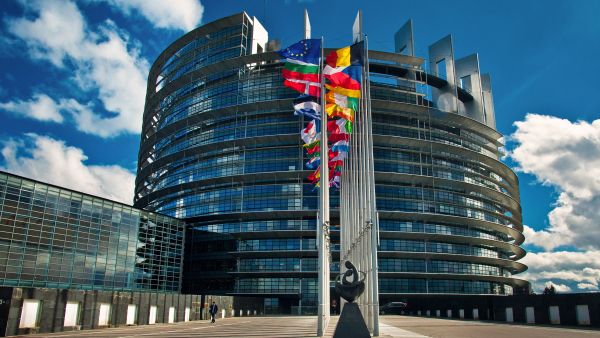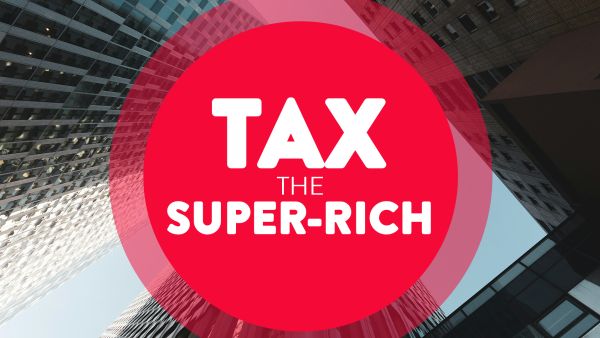The European Parliament has backed an S&D report on combatting harmful tax practices. Despite resistance from conservative and right-wing groups – the EPP, ECR and ID – the proposal to reform the Code of Conduct for business taxation was approved. The 1997 Code of Conduct is the EU’s main tool to combat harmful tax practices and has become seriously outdated in the context of growing digitisation and globalisation. The S&D proposal, which won the backing of the European Parliament, is to replace the current Code of Conduct with FATAL (the Framework on Aggressive Tax Arrangements and Low-Rates), which includes a number of effective weapons to fight tax crimes, such as sharper criteria for defining what constitutes a tax haven, as well as including highly mobile wealthy individuals under the scope of the instrument.
Aurore Lalucq, S&D MEP and spokesperson on tax matters, said:
“For all those engaged in the fight for tax justice, it is good news that the European Parliament backed our proposal to empower the EU in the fight against tax abuse and tax crimes. The outdated Code of Conduct for business taxation must be urgently reformed and replaced by FATAL (the Framework on Aggressive Tax Arrangements and Low-Rates).
“We must put an end to the logic of ‘too big to blacklist’. Some of the world’s most notorious tax havens, like Switzerland, the Netherlands, Hong Kong or Jersey, are still not on the European blacklist. Others are let off the hook, such as the Cayman Islands, even though they lead the race to the bottom by offering a zero tax rate. On Tuesday, Anguilla, Dominica and the Seychelles were also removed from the blacklist. The nine countries still listed mostly represent minor financial flows. As part of FATAL, we urge the EU to include realistic and strict criteria for what constitutes a tax haven, such as a minimum effective tax rate and a minimum level of economic substance. In addition, my Group has been demanding tough sanctions for tax havens for years. It’s time to give the EU tax haven blacklist some teeth.
"To combat tax abuse by some of the richest and most powerful individuals in the world, the scope of the Code of Conduct needs to be enlarged to include preferential personal income tax regimes designed to attract highly mobile wealthy individuals: the footballers, rock stars, models and heirs whose obscene wealth and tax dodging schemes are back in the news again. Their accomplices also must be held accountable.
“It is time to put a floor on the tax competition between EU countries and put our own house in order.”
Jonás Fernández, S&D MEP and spokesperson for economic and monetary matters, said:
“The Pandora Papers have exposed once again a broken tax system, where some politicians, big corporations and rich individuals get away with exploiting legal loopholes, shopping around for the lowest tax rates and hiding money in tax havens. These dodgy practices worsen existing inequalities and drain the public purse, especially now that we need to finance the recovery from the pandemic.
“I was disappointed to see that the conservative MEPs from the EPP voted against the proposal to reform the Code of Conduct and turn it into a sharp weapon against tax havens, contrary to their public statements ahead of the vote. Hopefully, they will learn to walk their talk on combatting tax crimes in the future.
“My group is calling for a move to qualified majority voting in the Council on tax matters. The least willing member state must no longer be able to block progress on taxation. It is simply unacceptable that political leaders involved in such practices themselves have the power to veto tax justice and transparency."
Find out more about our Tax Justice campaign.










